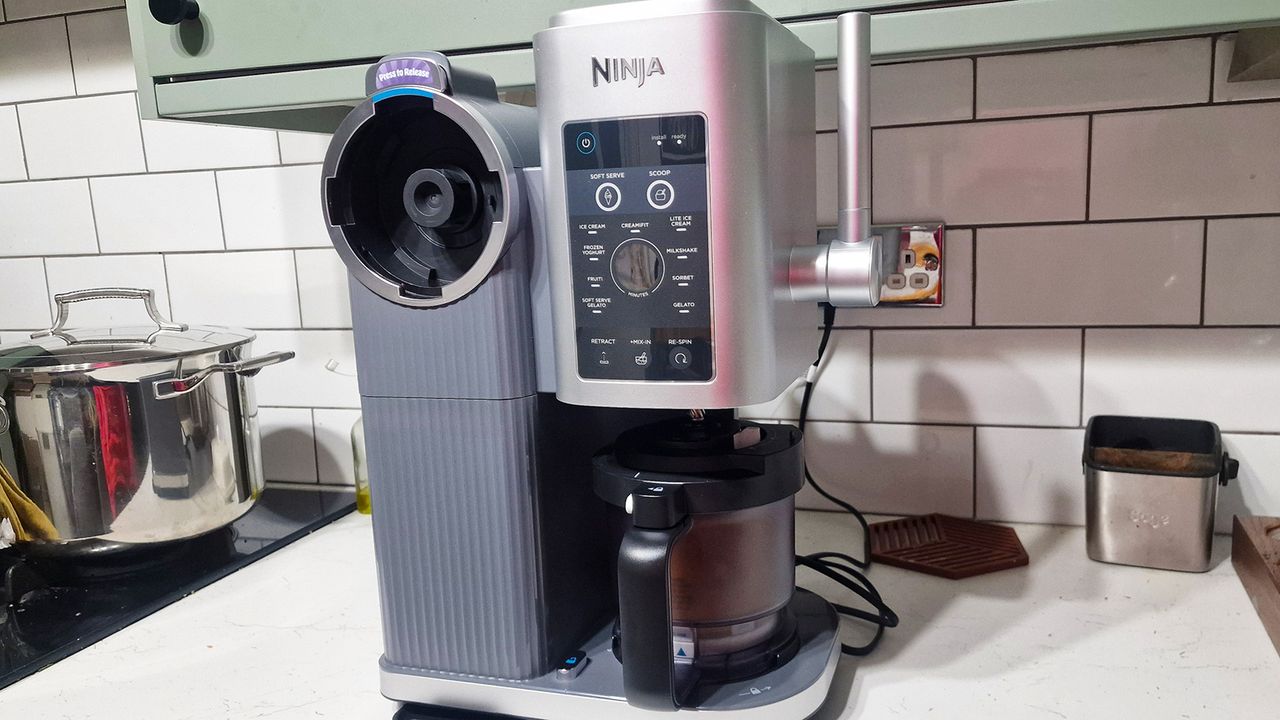
Recent research highlights significant gaps in cancer care quality for older individuals within the incarcerated population in the United States. As of now, approximately 15% of incarcerated adults, or around 175,000 individuals, are aged 55 years or older. This demographic shift raises concerns about the adequacy of health services provided to these aging inmates, particularly in the realm of cancer treatment.
The study, published in September 2023 by the American Cancer Society, outlines the challenges faced by older inmates in accessing timely and effective cancer care. It suggests that systemic barriers within correctional facilities hinder the delivery of essential medical services. Many facilities lack adequate resources, trained staff, and the necessary infrastructure to provide appropriate screenings and treatments for cancer.
Healthcare professionals have expressed alarm over the findings. According to the National Cancer Institute, early detection is crucial for improving cancer outcomes. The report notes that older adults, particularly those behind bars, often experience delays in diagnosis and treatment, leading to poorer health outcomes.
Incarcerated individuals are typically at a higher risk for various health issues, including cancer, due to factors such as limited access to preventive care, unhealthy living conditions, and higher rates of smoking and substance abuse. The intersection of these factors with aging makes it critical to address the specific healthcare needs of this population.
The implications of these findings are significant. As the incarcerated population continues to age, the demand for comprehensive healthcare services, including cancer care, will only increase. Advocates are calling for reforms in correctional health systems to ensure that aging inmates receive the same standard of care as those in the general population.
In light of the study, officials and policymakers are urged to reevaluate existing protocols and implement changes that can bridge the gap in healthcare quality. Addressing these disparities is essential not only for the well-being of incarcerated seniors but also for the overall integrity of the healthcare system within correctional facilities.
The report serves as a wake-up call for stakeholders across the healthcare and criminal justice systems. Without immediate action, the health outcomes for aging inmates will continue to deteriorate, exacerbating existing inequalities in cancer care and treatment. As discussions continue, it is clear that the health of one of society’s most vulnerable groups must be prioritized.






